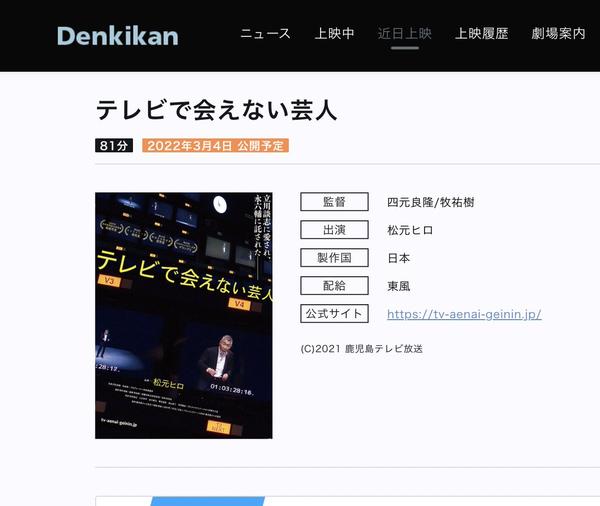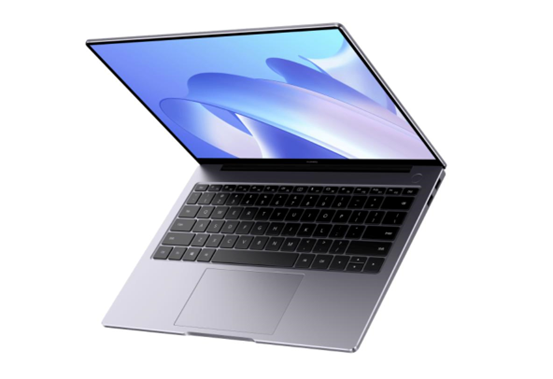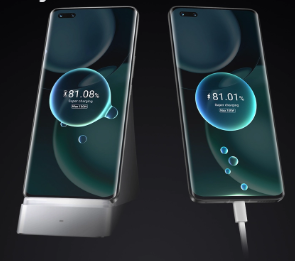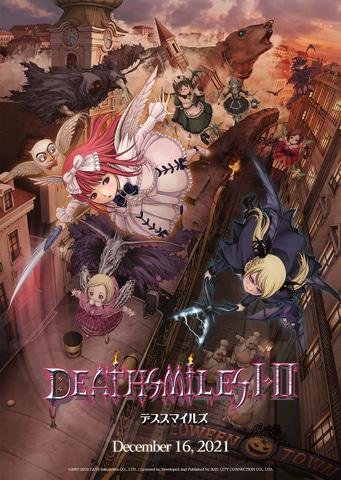Turn your camera to entertainers who can never appear on TV.Ask the TV now that the worries about "protests will come"
The documentary film "Entertainer who can't meet on TV", which Kagoshima TV is delivered as a movie version instead of television, is pursuing a single entertainer as the title suggests.
The entertainer's name is Hiro Matsumoto.
He once appeared on many TV programs in the social satire contest group "The New Spaper".
However, in a sense, he gave up on a TV place and moved to the stage of his success in the late 1990s.
A TV camera is following the entertainers who are no longer on TV.
However, this work is not just a human document that follows an entertainer ( * it also has a side as a human document).
What comes from a single entertainer is the current status of the media called TV.
Why can't Matsumoto Hiro watch on TV?Isn't it really allowed to play his art that satires politics and social issues on a television?
Various questions come to mind.
What did the TV man who share the time with Hiro Matsumoto felt and what he saw?
Ask both directors of Kagoshima TV and Yuki Maki on Kagoshima Television.(Five times in total)
The first thing I need to ask is the encounter with Hiro Matsumoto.Where was the reason for him who did not appear on TV?
四元「さかのぼること 15 年以上前になりますが、2004 年に僕がドキュメンタリーを作っていて、鹿児島出身の音楽家を取材していました。
He is a musician named Yoshimata who has been working on many hit music, such as the taiga drama "Atsuhime" and the TV drama "Dr. Koto Clinic".He was also in charge of the music of "Entertainer who can't meet on TV" (laughs).
I heard this story from Mr. Yoshimata.
"Recently, a comedian from Kagoshima is very interesting.I'm doing a story that I can never do on TV, but it's really interesting, and something at the end is my heart. "
The entertainer was Hiro Matsumoto.
The moment I heard it, the words "I can't do it on TV".
However, at that time, it ended with something like "There are people like that."
After that, in 2019, Hiro Matsumoto decided to live in his hometown, Kagoshima.
I went to see it.
The stage was very interesting, a little crying, making me think deeply, and fascinated by the art.
Then, I decided to join the sake seats that night and told Hiro about that feeling.
Then, Hiro smiled and said,"Recently, people on TV stations come to see entertainers who can't meet on TV recently.That's why I'm always told.Hiro, interesting.But he can't put it on TV. "
The words "I can't put it on TV" from Hiro himself and the words "I can't do it on TV" in 2004, and I was sorry.
"I guess there is a problem that TV has now."
Immediately, I asked Hiro."Hiro -san, if you like, can you point your camera?"
At first I thought it would be refused.
But Hiro immediately answered, "Okay."
I checked it many times.Hiro, who drank shochu and turned her face red, smiled and said, "It's good."And this shooting has begun. "
Even after 15 years, the words "I can't do it on TV" and "I can't put it on TV".What exactly did you think before this word?
四元「2004 年に、『テレビではできない』という言葉をきいた時は、きっとテレビマンとして、『テレビではできないものはない』と思って、反発していたんだと思います。
However, in 2019, when I was told by Hiro, the way of accepting was completely different.In the reality of "I can't do it on TV" and "I can't put it on TV"?
Probably, for the past 10 years, I have been interviewing various things, making programs, and focusing on the reality of TV.
For example, even in the peaceful hot spring project of an information program, telops such as "I have a photography permit" came in.Do you think there are people who enter without permission?However, it has become a matter of course to put such a telop in order to avoid risks so that it is not protested.
The value of making TV has changed.In the past, "interesting" was all the criteria.But now, "Is it okay or protest?"Is this right.
So I thought Hiro in front of me.If there was an "interesting" entertainer that could not be released on TV in the past, it would have been the original fun of TV to tell on TV.
If there was an entertainer on TV, it wouldn't have been a TV to challenge the absolute.Surely there is a true meaning that we express there.

When Hiro's word, "I can't put it on TV," this kind of thing suddenly came to my mind.
So, I would like to ask Hiro who can't meet on TV to interview me. "
When he came up with this, he said that another thought came up with the four former coaches.
四元「いま、ドキュメンタリー番組がどんどん減っています。
Along with that, the next generation of juniors is getting more and more challenging to be involved in documentaries.
Certainly, documentary takes time, time takes time, and no audience rating.But it is really important to look at the area and think deeply about society, especially for our local bureaus.
I've been working on documentary programs, so I still want some juniors who want to make a documentary somewhere to come out, and I want to connect that baton.
So, this time Hiro's interview was to do with a junior who had never done a documentary. "
It is also said that there was such an idea.
四元「おそらく僕らの世代は、いまのテレビに表現の自由さがないと少なからず感じているところがあると思います。
With the telop problem just before.
However, I wondered how Hiro would be reflected in the young generation whose career as a TV man had begun because of the commonplace.
Perhaps it's "I can't put it on TV", so it might end with a word "I can't do it".
The standing position may be completely different from me.No, there is a high possibility.I thought that was fine.
I wonder if we can find something from different angles and look at our TV now. "
So, "Would you like to take a documentary?"
Maki looks back at this time.
牧「僕は、それまで情報番組や音楽番組を担当してきました。
I have no experience of news programs, not just a documentary.
So, called in the conference room and said, "Would you like to take a documentary?When it was cut out, "Why am I?] (Bitter smile).
But regardless of that, I always talked about "I have an interesting entertainer."
Perhaps no matter what reply I do, the story is going on on the premise of doing it.
So, I continued to make an ambiguous hammer and didn't give a clear reply, but I thought, "I guess I'll do it after all."
To be honest, I wasn't reluctant at first.
There is an entertainer who has a social satire that cannot be flushed on the current TV, and a television camera follows him.
When I did this before, I couldn't feel like "Let's do it".
Rather, I was worried that something would happen when I broadcast it.
Another thing I was worried about was Hiro Matsumoto's own stance.
Hiro himself gave me the interview as OK, but maybe I didn't really want to be on TV.
I wonder if it's a good idea to put out a person who chooses a way to live on the stage at a distance from the TV.
I couldn't dispel the idea that it was the ego on the TV.
So I couldn't find the significance of interviewing Hiro or something like justice in myself as a person to cover.
Because of that, there was a feeling that the shooting began with a feeling of sloppyness, which wasn't clear. "
( * Continued to the second)
"Entertainer who can't meet on TV"
Appearance: Hiro Matsumoto
Director: Yuki Yoshimoto Takamaki Yuki
Producer: Katsuhiko Abeno
Shooting: Yoshio Suzuki edited: Yuki Maki Sound Effect: Kubota Yoshine Music: Ryo Yoshimata
Production: Toshihiro Maeda Shuhei Yamaguchi Takashi Nomoto Yuji Arata Shizuhiko Arata
Credit animation: Koji Kato
Pole Pole Higashinakano, the 7th Art Theater, and others nationwide
All scene photos are (C) 2021 Kagoshima TV broadcasting








